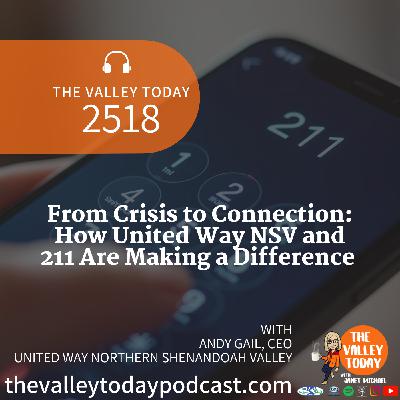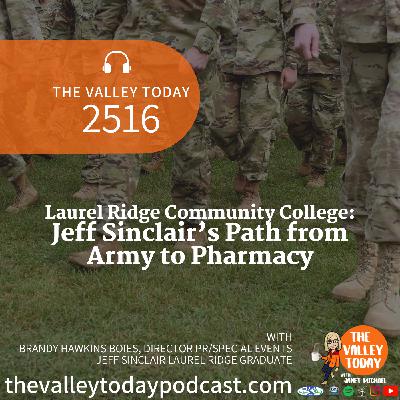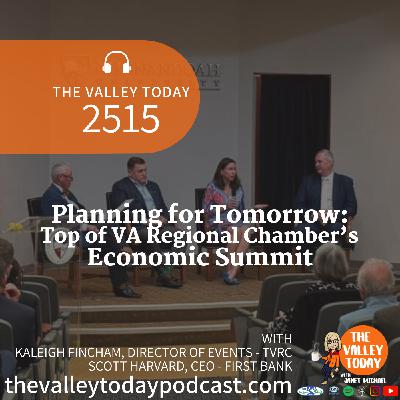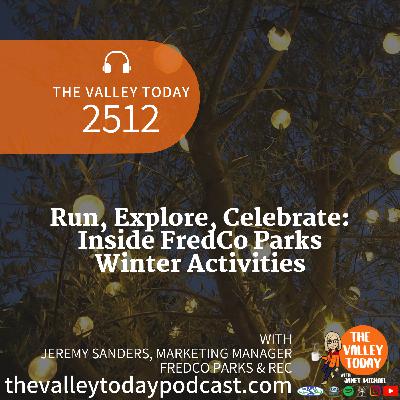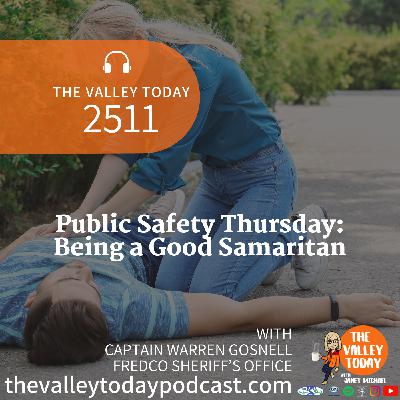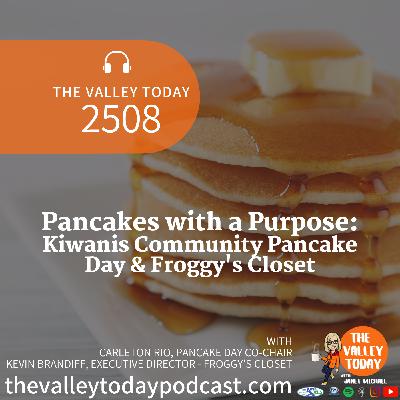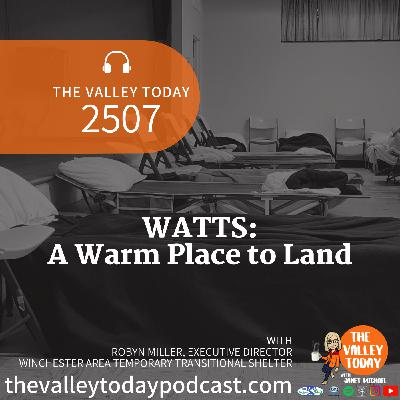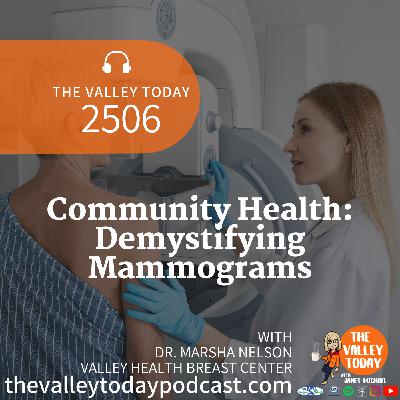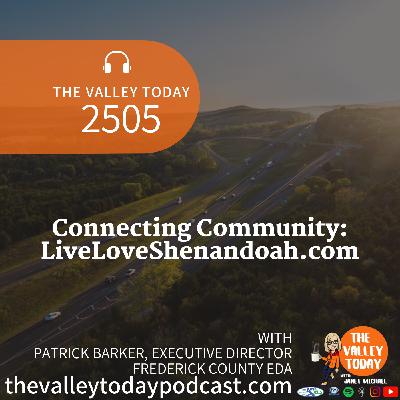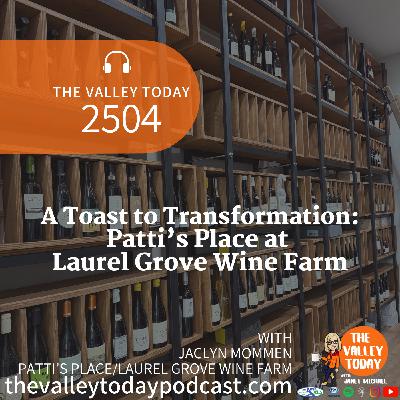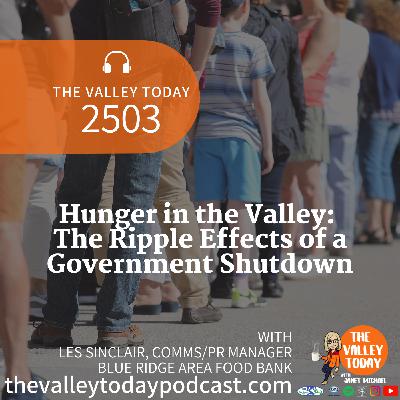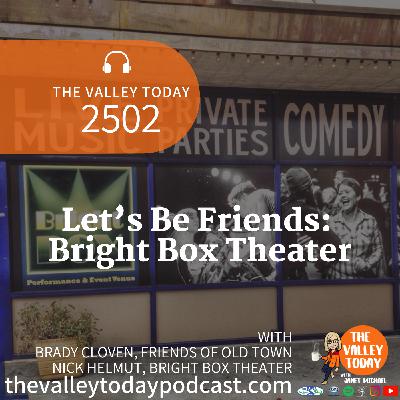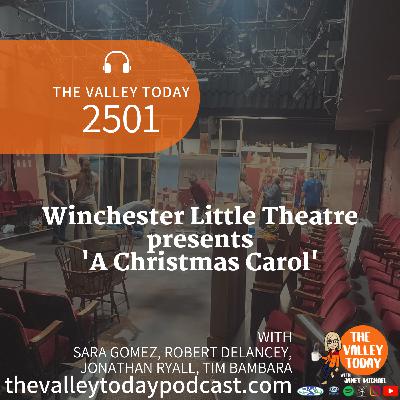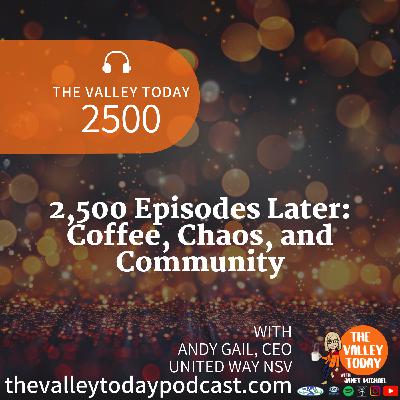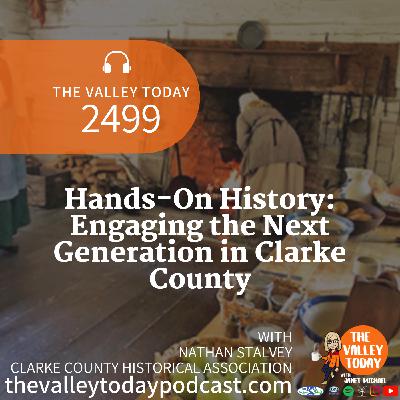From Crisis to Connection: How United Way NSV and 211 Are Making a Difference
Description
As the Valley Today podcast kicks off Camping for Hunger Week, host Janet Michael sets the stage for a conversation that goes beyond food drives and donation bins. This annual initiative, anchored by the River 95.3's bus parked at Royal Plaza Shopping Center, mobilizes the community to support those facing food insecurity. However, as Janet welcomes Andy Gail, CEO of United Way of Northern Shenandoah Valley, it becomes clear that the need extends far beyond canned goods and non-perishable donations.
Dialing for Help: The Power of 2-1-1
Andy wastes no time introducing listeners to the 2-1-1 resource line—a statewide service that connects Virginians to a wide array of essential resources. Unlike 9-1-1, which is reserved for emergencies, 2-1-1 serves as a lifeline for those seeking assistance with housing, utilities, food, healthcare, and more. Andy explains how the system, supported by United Way and other partners, streamlines access to both local and state-level programs. As a result, individuals in crisis no longer need to navigate a confusing web of agencies; instead, a single call can open doors to the help they need.
Data-Driven Decisions: Understanding Community Needs
Transitioning from services to statistics, Andy shares how United Way leverages real-time data from the 2-1-1 dashboard. This tool provides a clear picture of the region's most pressing needs, from rent assistance and shelter to food pantries and utility support. For instance, in the past year, over half of the calls to 2-1-1 in the Shenandoah Valley related to housing and shelter, with rent assistance topping the list. By analyzing this data, United Way and its partners can respond more effectively, ensuring that resources are directed where they are needed most.
Nonprofits Under Pressure: Adapting to a Changing Landscape
The conversation shifts to the challenges facing local nonprofits. Janet and Andy discuss how some organizations have been forced to close or narrow their focus due to rising demand and limited funding. Andy emphasizes the importance of nonprofits keeping their information up to date in the 2-1-1 system, so callers receive accurate referrals. Moreover, he highlights the need for organizations to "tighten their focus" and maximize their impact, especially as economic uncertainty and government funding cuts loom large.
The Human Side of Need: Dignity, Empathy, and Community Support
Throughout the discussion, both Janet and Andy stress the importance of treating those seeking help with dignity and respect. They dispel myths about people "milking the system," instead painting a picture of hardworking individuals—often dubbed the "working poor"—who simply fall short at the end of the month. Stories of local generosity abound, from free community fridges to neighbors sharing extra groceries. These acts of kindness, Andy notes, are what make the Shenandoah Valley a caring and resilient community.
How Listeners Can Help: Giving Back, One Dollar at a Time
As the episode draws to a close, Janet and Andy encourage listeners to get involved. Whether by donating to the United Way's emergency fund, contributing food or water to local fridges, or simply spreading the word about 2-1-1, every action counts. Andy reminds the audience that even small gifts, when multiplied across the community, can make a significant difference.
Conclusion: Building a Stronger Valley Together
In summary, this conversation shines a light on the interconnected challenges of hunger, housing, and community support in the Shenandoah Valley. Through the efforts of United Way, the 2-1-1 resource line, and countless local nonprofits, hope remains alive for those in need. As Camping for Hunger Week continues, Janet and Andy's conversation serves as both a call to action and a testament to the power of community.

